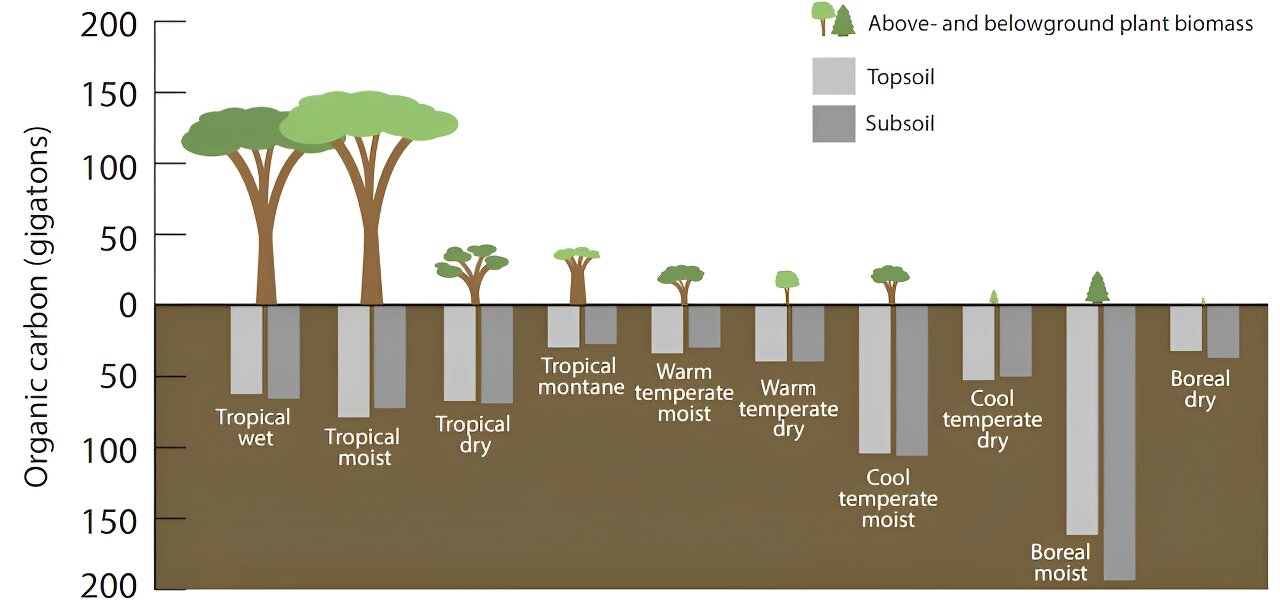Earth’s boreal forests circle our planet’s far northern reaches, just south of the Arctic’s treeless tundra. If the planet wears an Arctic ice cap, then the boreal forests are a loose-knit headband wrapped around its ears, covering large portions of Alaska, Canada, Scandinavia and Siberia.
The boreal region’s soils have long buffered the planet against warming by storing huge quantities of carbon and keeping it out of the atmosphere. Its remoteness has historically protected its forests and wetlands from extensive human impact.
These two traits rank boreal forests among the most important ecosystems on Earth. In addition, numerous species of mammals, fish, plants, insects and birds make these forests home.
This is pretty well documented, and is occurring. We’re already projecting what ecosystems will look like in the future
the main driver is going to be temperature and moisture regime changes. While things are going to change substantially, not all of the changes will be ‘bad’, but just different. We’re going to lose a lot of wetlands and soil carbon, though, most likely.



